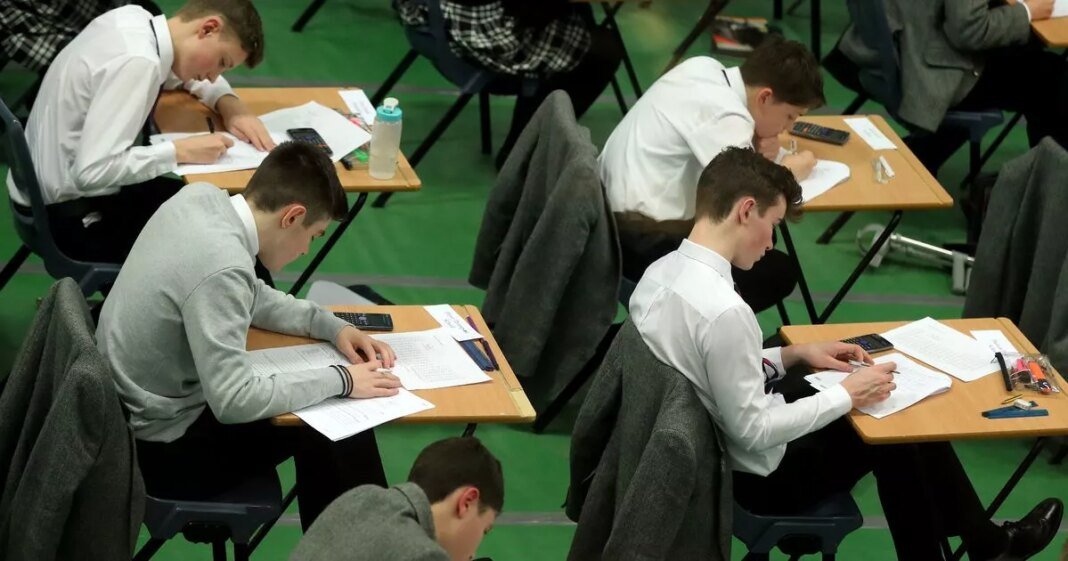Young individuals are set to have access to a fresh set of qualifications known as V-levels as part of significant initiatives aimed at transforming the educational landscape for teenagers.
Bridget Phillipson, the Education Secretary, emphasized the need for a renewed focus on vocational education, labeling it as a neglected aspect for too long. The introduction of V-levels is intended to replace around 900 existing vocational qualifications, simplifying the current complex educational offerings. These new qualifications, alongside T Levels and A levels, are designed to assist 16 to 19-year-old students in exploring various sectors like engineering, agriculture, digital, or creative fields before committing to a specialization.
The Department for Education (DfE) highlighted that young learners will have the flexibility to combine V-levels with A-levels, expanding their educational choices. Additionally, the DfE announced the creation of a new qualification to aid students with lower English and maths GCSE attainment, acting as a preparatory step for them to retake these exams and particularly supporting white working-class students.
Government statistics revealed a concerning achievement gap, with a significant proportion of white British students from disadvantaged backgrounds failing to attain a standard pass in English and maths by the end of Year 11, necessitating post-16 resits at a higher rate compared to their more privileged counterparts.
The educational reforms are accompanied by an additional £800 million funding allocation for 16-19-year-olds in the fiscal year 2026/27. Furthermore, the post-16 white paper will address bureaucratic hurdles preventing care leavers and married individuals from automatically receiving full maintenance loans when pursuing higher education.
These initiatives aim to mitigate the existing inequities in access to higher education, particularly for care leavers, and have garnered support from various stakeholders. Labor unions and educational leaders have expressed optimism about the reforms, emphasizing the importance of funding for Further Education and the necessity of a revamped approach to English and maths support for post-16 students.
The Government’s commitment to consultation processes for the implementation of V-levels underscores its dedication to enhancing the educational landscape and providing a more streamlined and supportive framework for young learners to excel.

